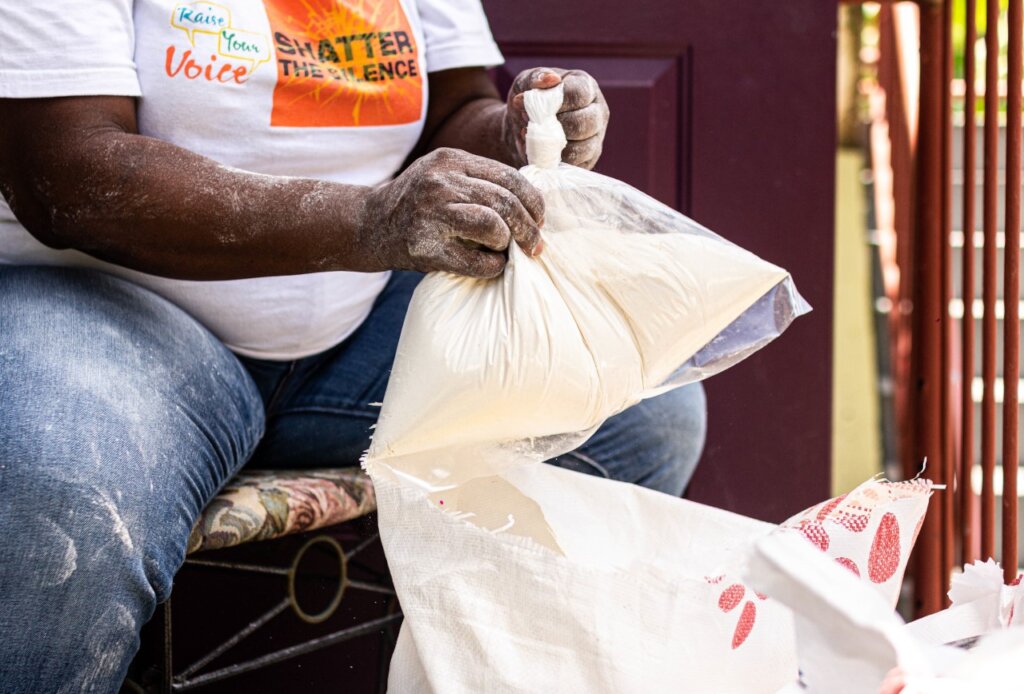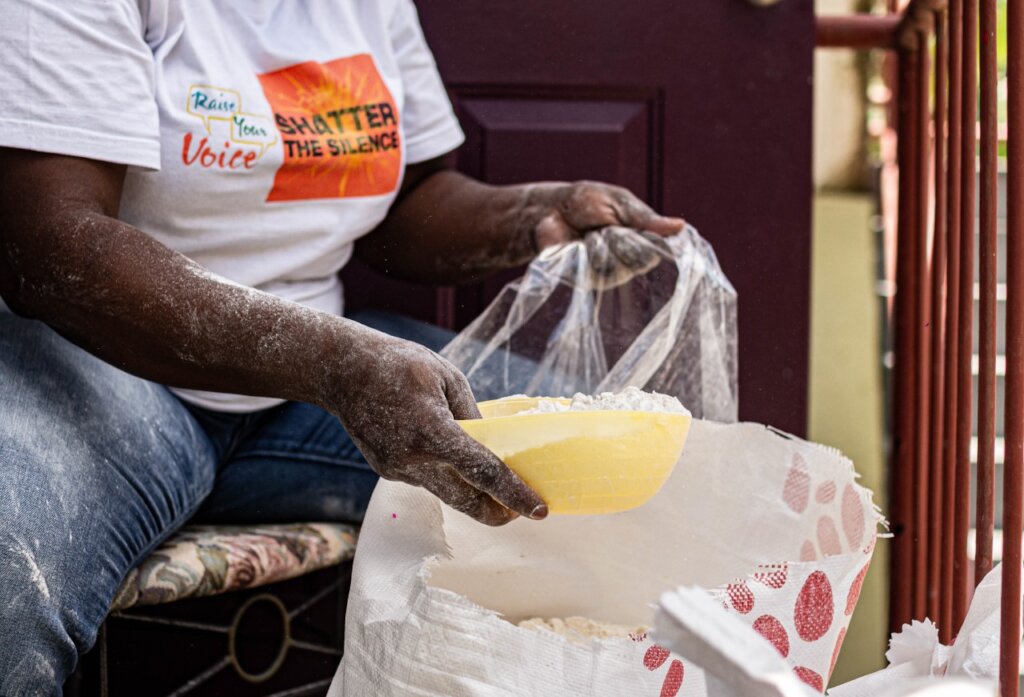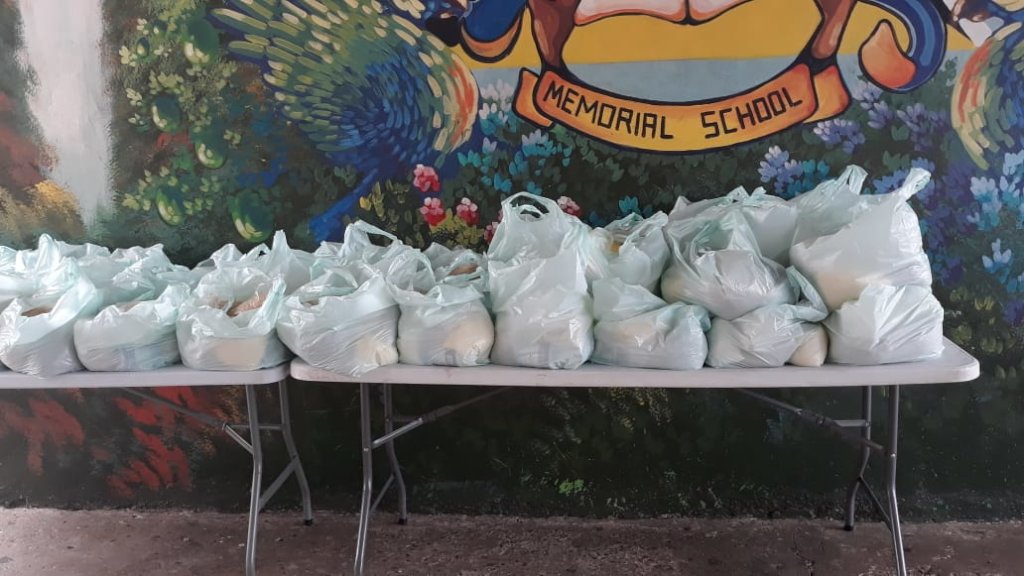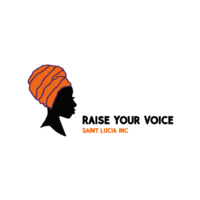




To advocate for and on behalf of victims of gender based violence and for improvements within the Social, Judicial and Public Systems that affect women and children.
.jpg)

Each of GlobalGiving’s nonprofit partners is required to send quarterly donor reports detailing the impact of their work. Here are some of their recent updates:
By Catherine Sealys | President
We extend our heartfelt gratitude to each one of you who has generously contributed to our cause of constructing a pantry to support victims of gender-based violence and other food-insecure... Read the full report ›By Catherine Sealys | President
Supporting families with special needs children amidst limited funding and rising costs of goods necessitates a multifaceted approach that prioritizes collaboration, resourcefulness, and advocacy.... Read the full report ›By Catherine Sealys | President
Providing safe housing and rental support to victims of gender-based violence (GBV) provides: - Immediate Safety Victims of GBV often face imminent danger from their abusers. Providing safe housing... Read the full report ›